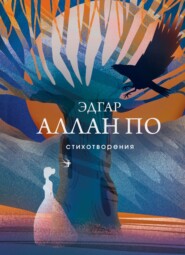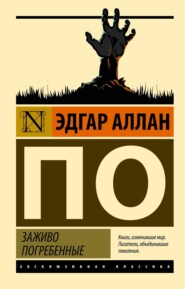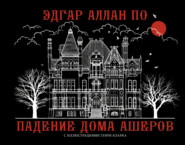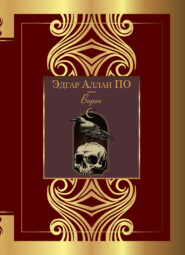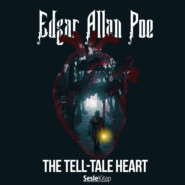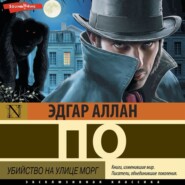По всем вопросам обращайтесь на: info@litportal.ru
(©) 2003-2024.
✖
The Raven and Other Selected Poems
Автор
Год написания книги
2019
Настройки чтения
Размер шрифта
Высота строк
Поля
Her beam on the waves.
I gazed awhile
On her cold smile;
Too cold—too cold for me—
There passed, as a shroud,
A fleecy cloud,
And I turned away to thee,
Proud Evening Star,
In thy glory afar
And dearer thy beam shall be;
For joy to my heart
Is the proud part
Thou bearest in Heaven at night,
And more I admire
Thy distant fire,
Than that colder, lowly light.
1827
“IN YOUTH I HAVE KNOWN ONE” (#ulink_880709e2-5aeb-53ce-96e6-fd1a3995ff94)
(STANZAS)
How often we forget all time, when lone
Admiring Nature’s universal throne;
Her woods—her wilds—her mountains—the intense
Reply of Hers to Our intelligence!
I
In youth I have known one with whom the Earth
In secret communing held—as he with it,
In daylight, and in beauty, from his birth:
Whose fervid, flickering torch of life was lit
From the sun and stars, whence he had drawn forth
A passionate light such for his spirit was fit—
And yet that spirit knew—not in the hour
Of its own fervor—what had o’er it power.
II
Perhaps it may be that my mind is wrought
To a ferver by the moonbeam that hangs o’er,
But I will half believe that wild light fraught
With more of sovereignty than ancient lore
Hath ever told—or is it of a thought
The unembodied essence, and no more
That with a quickening spell doth o’er us pass
As dew of the night-time, o’er the summer grass?
III
Doth o’er us pass, when, as th’ expanding eye
To the loved object—so the tear to the lid
Will start, which lately slept in apathy?
And yet it need not be—(that object) hid
From us in life—but common—which doth lie
Each hour before us—but then only bid
With a strange sound, as of a harp-string broken
T’ awake us—’Tis a symbol and a token—








